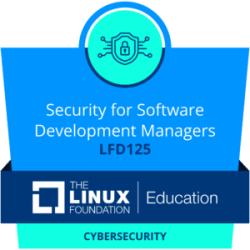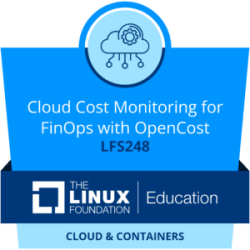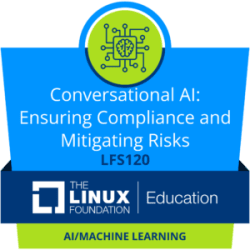Images
In this course you will learn about the history of Linux and what differentiates it from other UNIX-like operating systems, what the main ingredients of a Linux system are and how to use them, the essentials of system administration, such as user accounts and groups, essential commands, filesystems, security, and more, networking and threading models, aspects of compiling and using libraries, working with Java under Linux, and more.
This course is for students who are already experienced computer users on another operating system, but have limited or no experience working in a Linux environment. The information in this course will work with any major Linux distribution.
Formats:
Similar resources
The key to a successful open technology project is to ensure a neutral playing field for all developers, technologists, and companies to collectively contribute to project evolution and growth. The Linux Foundation was built on the idea of the democratization of code and scaling adoption, for all projects equally. Expert legal and governance support programs ensure everyone is on the same playing field.


IT Specification Basics for New Developers (LFD141)

Security for Software Development Managers (LFD125)

Kubernetes入門 (LFS158-JP)

Cloud Cost Monitoring for FinOps with OpenCost (LFS248)

Conversational AI: Ensuring Compliance and Mitigating Risks (LFS120)












